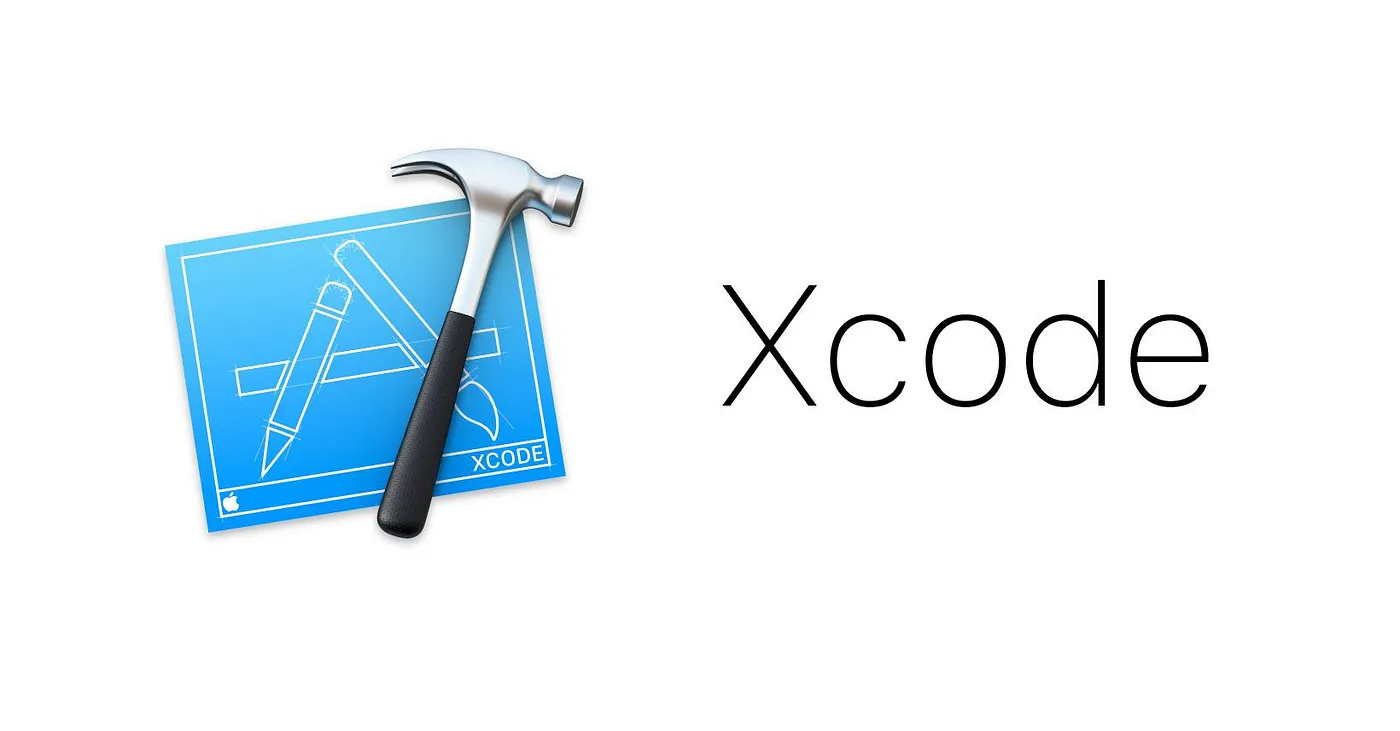If you’ve recently upgraded to macOS Sequoia and are struggling to get Xcode 15.0.1 to launch, you’re not alone. Fortunately, there’s a simple workaround that allows you to run Xcode 15 without any hassle. In this tutorial, we’ll guide you through the steps to get Xcode 15.0.1 up and running on your new operating system.
Step-by-Step Instructions
Step 1: Locate Your Xcode 15 Application
First, you need to find the Xcode 15 application on your Mac:
1. Open Finder.
2. Navigate to the Applications folder.
3. Locate the Xcode app (it may be labeled as Xcode 15.0.1 or simply Xcode).
Step 2: Access Package Contents
Next, you’ll need to access the package contents of the Xcode application:
1. Right-click on any Xcode 15 version app
2. Select Show Package Contents
3. Navigate to the Contents folder
4. Go to the MacOS folder
5. Double-click the Xcode file
That’s it! By directly launching the Xcode executable, you can bypass the compatibility checks and run Xcode 15.0.1 on your macOS Sequoia system.
Potential Risks and Considerations
While this workaround allows you to use Xcode 15.0.1 on macOS Sequoia, it’s important to be aware of the potential risks and limitations:
Build and Archive Issues
As mentioned in the Apple Developer Forums post using an unsupported version of Xcode on macOS Sequoia may cause issues when building or archiving your app, especially for React Native projects.
Unsupported SDK or Xcode Version
The Apple Developer Forums post also suggests that macOS Sequoia may not support certain versions of Xcode, and you may encounter errors when trying to use an unsupported version.
Compatibility with Future Updates
As macOS Sequoia is a newer operating system, it’s possible that future updates may break this workaround or introduce additional compatibility issues. It’s essential to stay informed about any changes that may affect your development environment.
Conclusion
While the workaround presented in this tutorial allows you to run Xcode 15.0.1 on macOS Sequoia, it’s important to be cautious and aware of the potential risks. If you encounter any issues or need to publish your app, it’s recommended to use the latest version of Xcode that is officially supported on macOS Sequoia.
Remember, the best practice is to always use the latest, officially supported versions of Xcode and macOS to ensure the stability and reliability of your development environment. Happy coding!

